 Cabo Verde has been and continues to actively address women’s rights and promote female empowerment through its law-making and advocacy efforts. Consequently, the country offers a beacon of hope for women and girls in Sub-Saharan Africa. There is also work being done to transform the tourism sector to improve women’s rights in Cabo Verde.
Cabo Verde has been and continues to actively address women’s rights and promote female empowerment through its law-making and advocacy efforts. Consequently, the country offers a beacon of hope for women and girls in Sub-Saharan Africa. There is also work being done to transform the tourism sector to improve women’s rights in Cabo Verde.
Women’s Rights in Cabo Verde
Cabo Verde has made notable developments regarding women’s rights, with the government recognizing gender equality as a critical issue that must be addressed. In 2011 a law protecting women and girls against gender based violence was introduced as well as a legal framework. Since then, continued work has been put in place to uphold the rights of women in the court of law. Despite these efforts, the deep rooted nature of misogyny presents itself as a barrier to achieving gender equality in Cabo Verde.
Gender Equality and Cabo Verde’s Tourism Sector
Cabo Verde depends on its tourism sector for approximately 25% of its GDP, driving the country rapidly forward in terms of its economic state and quality of life for citizens. As a result of Cabo Verde’s flourishing tourist engagement, there is an abundance of job opportunities available. However, the sector faces limitations regarding female participation. This poses a threat to tourism reaching its full potential as well as a threat to female empowerment and women’s rights in Cabo Verde.
Women in Cabo Verde struggle to exercise their rights due to the systemic, deep-rooted nature of misogyny. This ensures that women are presented with less accessible educational opportunities, lower-paying and unstable jobs, expectations to uphold traditional values within the household and the threat of gender-based violence. As a result of these challenges, poverty disproportionately affects the women of Cabo Verde, representing, “53% of the poor population as well as 54% of the population in extreme poverty.” This hinders their ability to effectively participate in the tourism sector and hinders their personal economic potential.
Gender Mainstreaming
Recognizing the gender inequality within the tourism sector, U.N. Women and ICIEG came together to develop an action plan to address this through gender mainstreaming, making Cabo Verde one of the earliest tourist countries to do so. Gender mainstreaming involves creating policies that consider the interests and concerns of both men and women, with this action plan focusing on institutional strengthening, training and capacity building and women’s quality and empowerment. However, upon enacting the action plan, it faced complexities. Gender norms and societal expectations of women affect their career choices, often opting for gender-stereotyped, less entrepreneurial positions. The U.N. Women’s office additionally closed down in Cabo Verde which put the action plan on hold from 2017.
In order to combat these challenges, in 2021 ITCV and ICIEG combined efforts to resume the action plan, also moving forward with new recommendations from the World Bank Group Gender strategy to guarantee that it is as gender responsive as possible, ensuring women ‘better, safe, and more jobs.’ Cabo Verde’s persistence through setbacks highlights their genuine commitment to protecting and improving women’s rights, paving the way for a positive future.
– Imogen Prince
Imogen is based in Oxford, UK and focuses on Good News for The Borgen Project.
Photo: Flickr

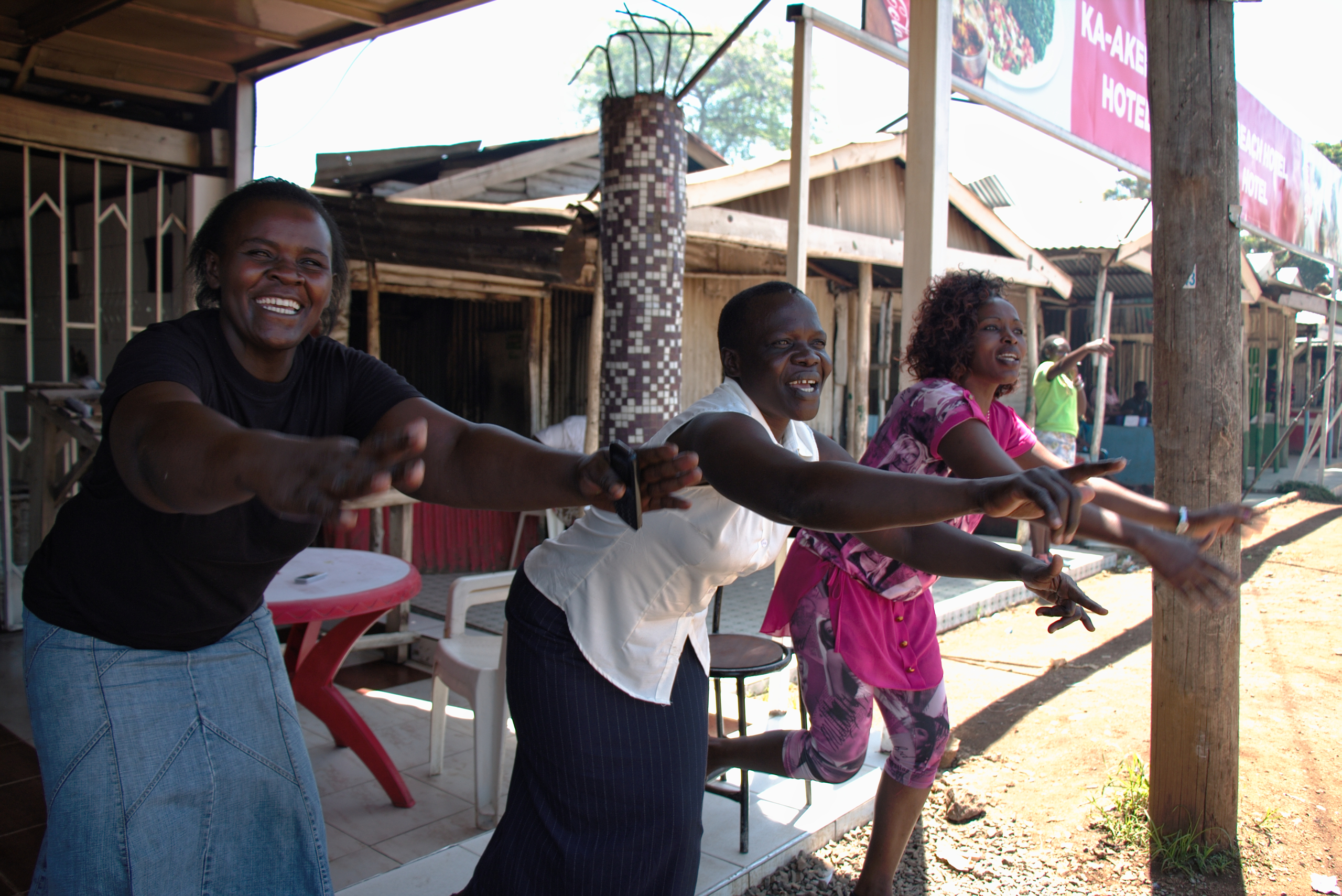
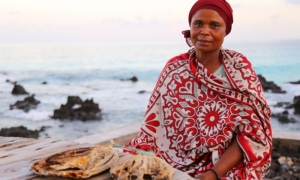 In
In 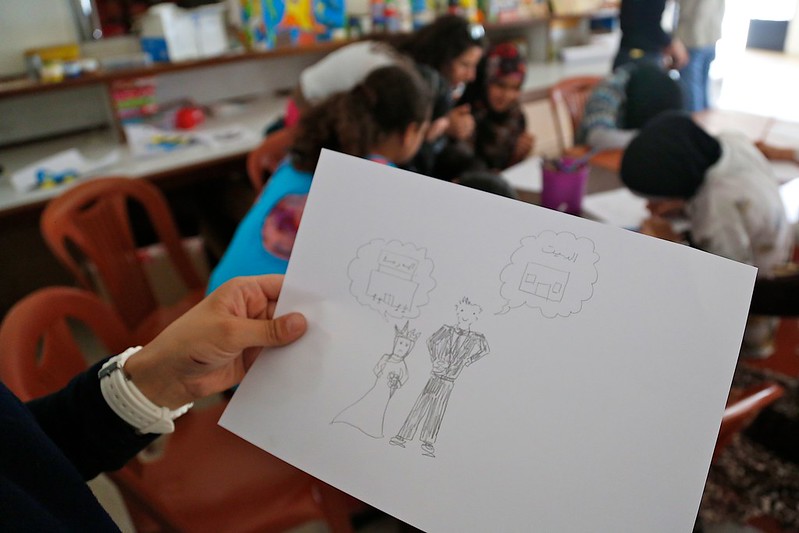 In Lebanon,
In Lebanon, 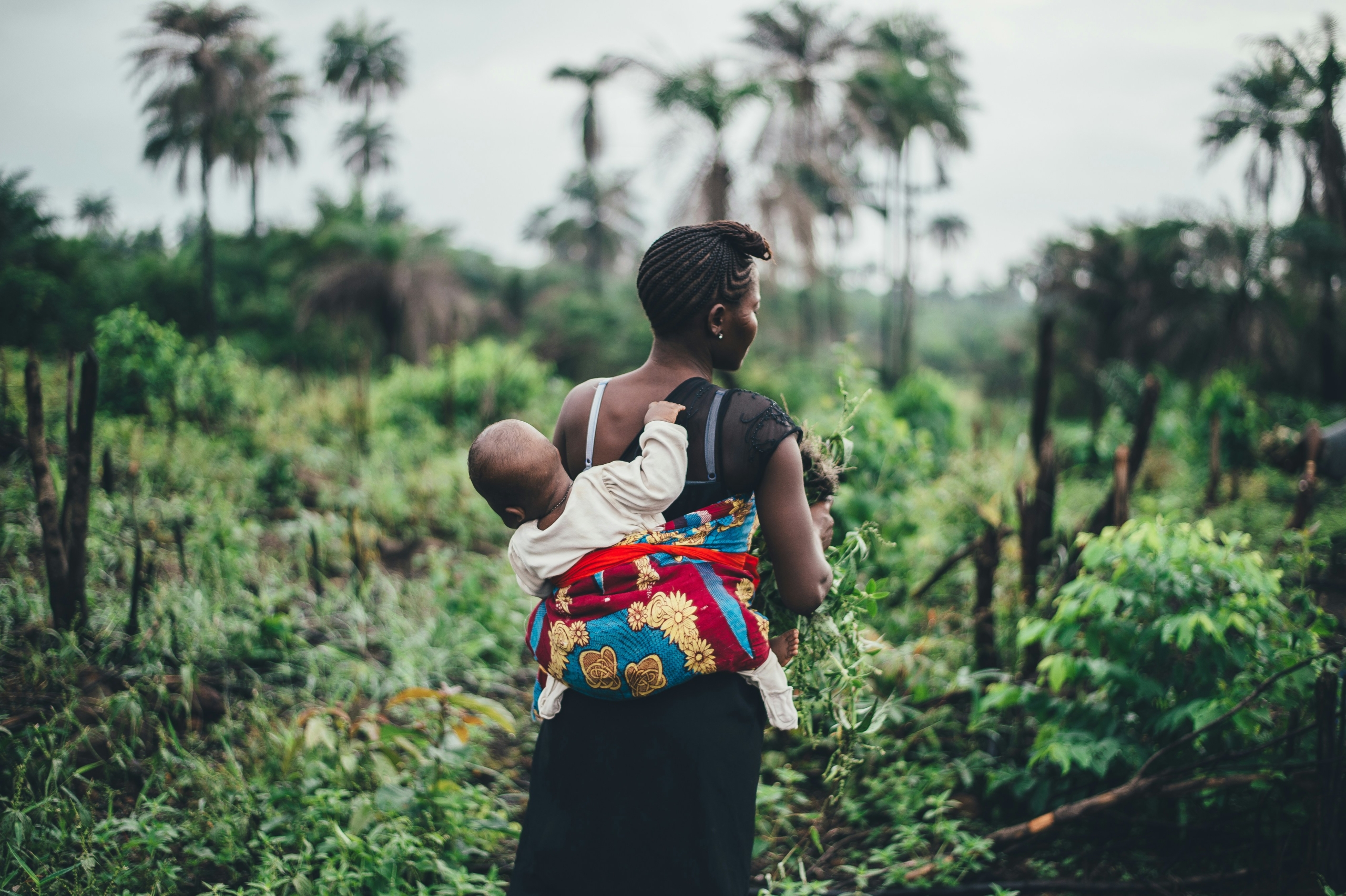
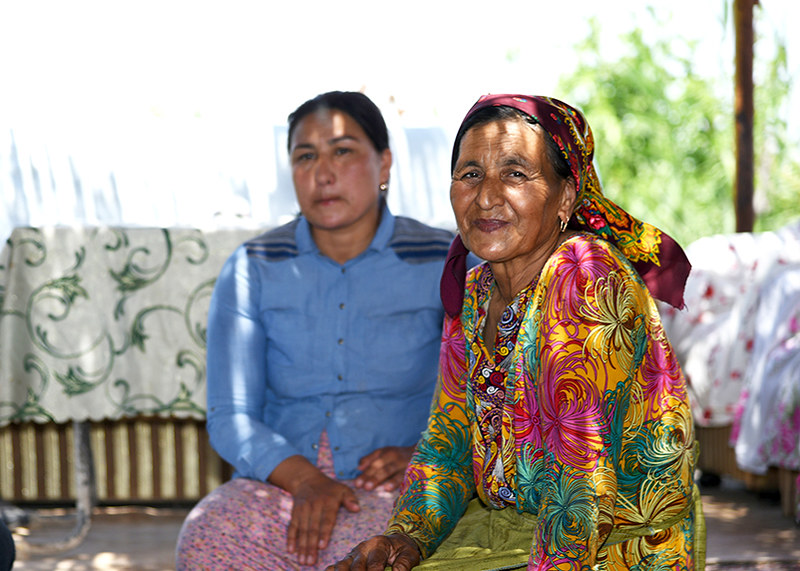


 Sierra Leone, located along the West African Atlantic coast, boasts fertile landscapes that support prosperous agricultural systems. Despite this, the nation has grappled with severe women’s rights issues. A significant change occurred in January 2023 when President Julius Maada Bio enacted the Gender Equality and Women’s Empowerment Act (GEWE). This law marks a transformative moment for women in the country, heralding a new era of enhanced equality and rights.
Sierra Leone, located along the West African Atlantic coast, boasts fertile landscapes that support prosperous agricultural systems. Despite this, the nation has grappled with severe women’s rights issues. A significant change occurred in January 2023 when President Julius Maada Bio enacted the Gender Equality and Women’s Empowerment Act (GEWE). This law marks a transformative moment for women in the country, heralding a new era of enhanced equality and rights.